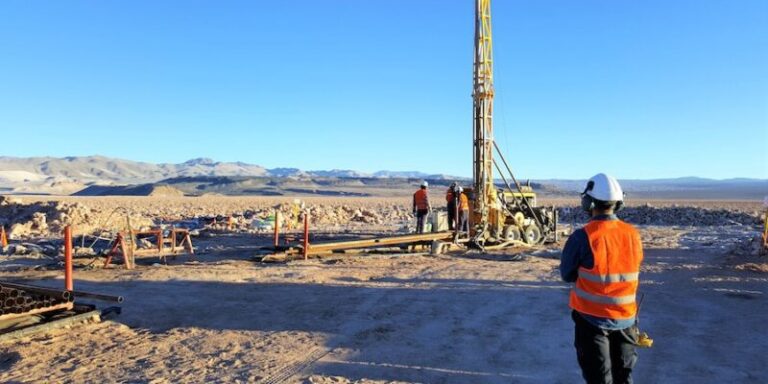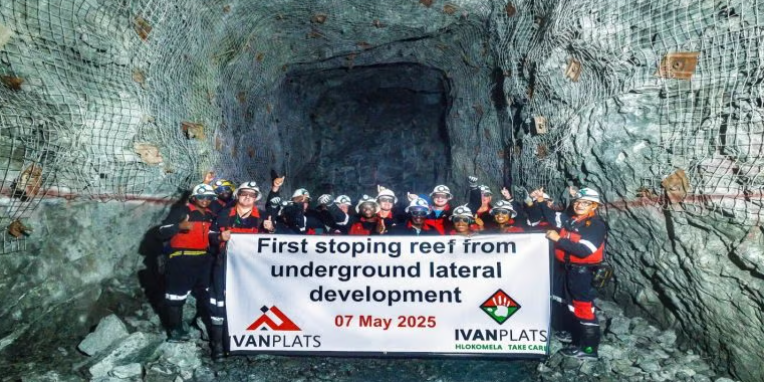
Britain and Indonesia have signed a memorandum of understanding (MoU) to collaborate on critical minerals, according to a statement from the UK embassy in Jakarta.
The agreement aims to strengthen policy dialogue, exchange technical expertise, and support areas such as supply chain resilience, sustainable processing, and mineral criticality.
Britain’s Development Minister, Anneliese Dodds, emphasized that the partnership positions both nations as key players in the global critical minerals supply chain. Dodds signed the agreement with Indonesia’s Energy Minister, underlining the strategic importance of the deal.
Indonesia, which holds vast reserves of minerals such as tin, copper, and bauxite, is the world’s leading producer of nickel ore.
The country has been working to increase value-added production by attracting investment in mineral processing and electric vehicle battery manufacturing.
This collaboration comes just two months after the United States invited Indonesia to join a multinational initiative focused on accelerating sustainable critical mineral supply chains.
Since banning exports of unprocessed nickel ore in 2020, Indonesia has expanded its nickel processing industry. However, environmental groups have raised concerns about deforestation and pollution caused by smelting operations.
Earlier on Wednesday, Dodds told Reuters that the UK-Indonesia agreement seeks to create local jobs while mitigating environmental impacts, highlighting the partnership’s significance in ensuring sustainable growth.






